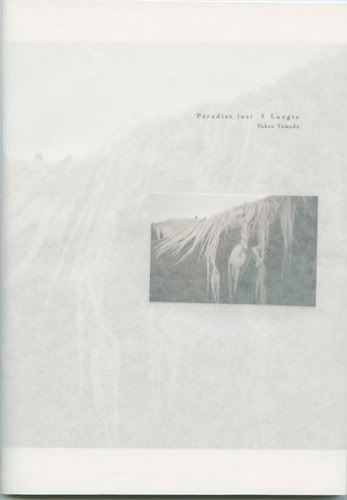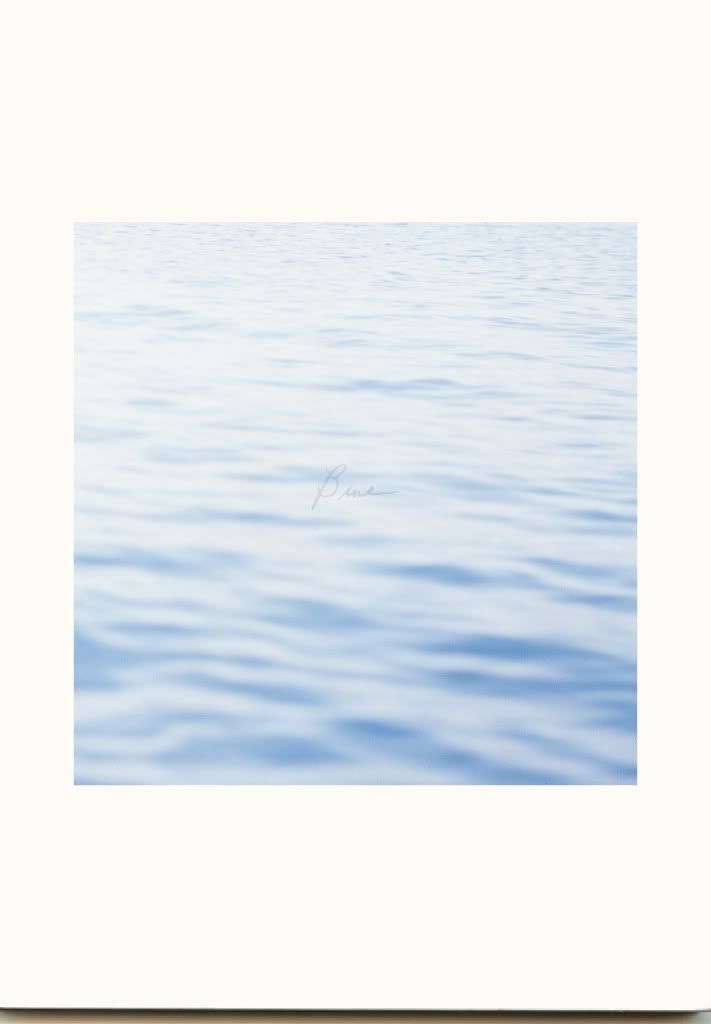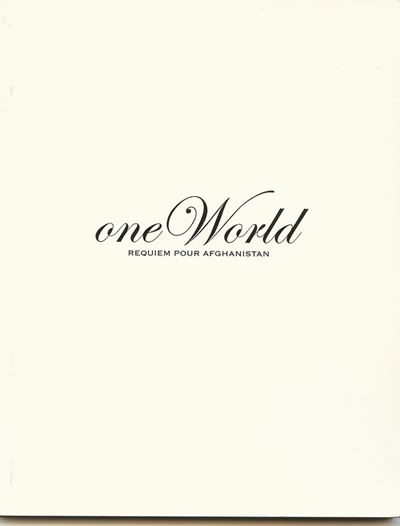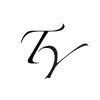| |

Lungta
Paradise Lost #1
Zine, 2010
Edition of 100
Color Print (Xerox photocopy)
Traditional Wax Paper / Craft Paper
Hand Bound
36 pages
25.0 x 17.5 x 0.5 cm
¥2,100
Sold Out
"East of eden"
"Lungta" means "wind horse" in Tibetan. The wind horse is an allegory in shamanistic traditions of Central Asia, symbolizing the cardinal directions and used to represent the idea of well-being or good fortune. In Tibetan Buddhism, the Lungta is printed on prayer flags which flutter in the wind representing the wind horse carrying prayers to heaven. This photograph collection is the first in the "Paradise lost" series; showing horses from the tundra of Eastern Hokkaido Japan.
The horses of Nemuro are descendants of a selective breeding program made national policy during the Russo-Japanese War (1904-1905) and carried on until 1945. The program's aim was to produce the strongest and most fit war horse by breeding the native Hokkaido pony with heavier bloodlines such as the Percheron. When they became unnecessary at the end of the war, they were put to use cultivating farmland and when they became unnecessary to farmers, by the mechanization of agriculture, they were useless for food production and their population went into decline. Nowadays, small herds of these war horses can be found on the Nemuro peninsula.
Here we can see a copy of the original perfect horse Lungta now unnaturally modified for war, living out life under harsh weather conditions and dependent on humans who no longer need them. It seems hopeless, yet to experience a moment of communication with this beautiful but strangely abandoned creature is to understand hope, for their very existence is benevolence, none of it calculated, merely a natural impulse to go on living. In the epic "Paradise Lost", John Milton says "The World was all before them, where to choose; Their place of rest, and Providence their guide: ". The appearance of these earth bound horses that accept all in providence though stranded in the desolate Far East without reason, are but a soft echo of the Appearance of Adam and Eve, who after leaving paradise found hope just East of Eden.
It is said horses can read the human heart. In this simple relationship we find the basis for a powerful meditation. If a person synchronizes with the horses pure reflection, and begins exploring the eternal prayer, a moment appears when one is liberated from subjectivity and so the self may harmonize with nature. If somewhere greater than Eden could exist in this world perhaps you could find it in such a moment.
Takeo Yamada
2010 Tokyo
ルンタとは、チベット語で「風の馬」。風に乗って祈りが広がるよう、祈祷旗に願いを込めて描かれた馬のことです。この写真集は希望をテーマとした作品「パラダイス・ロスト」シリーズの第一冊目で、北海道の根室半島に生息する馬を撮影した作品です。彼らは日清・日露戦争時代に、国策によって北海道の在来馬と大型馬のペルシュロンなどを掛け合わせ、最強の軍馬育成を目指して改良された馬たちの末裔です。終戦により不要となった彼らは農耕馬となり、その後農作業の機械化により食肉用として利用されてきました。現在は挽馬(ばんば)として北海道競馬で見られる馬のほか、根室半島付近に半ば野生化して放置された彼らの姿を残すのみとなっています。
ここでの馬のイメージは人間に利用され作られた非自然の存在でありながら、極限の自然環境で生きることを強いられながらも人間に安らぎを与える純粋な慈悲の存在でもあります。ミルトンは叙事詩「失楽園」のなかで、「安住の地を求め選ぶべき世界が、今や彼らの眼前に広々と横たわっていた。そして、摂理が彼らの導き手であった」と言っています。荒涼とした極東に追いやられながらも、摂理を受け入れて穏やかに暮らす彼らの姿は、幸福な住処の地であった楽園を離れ、エデンの東に希望を見いだしたアダムとイブの姿と重なります。
馬は人間の心を読むといいます。そこにはある種の精神的媒介としての素養が見受けられます。馬と人間との悠久の交感に思いを巡らせながら、馬が内包する安らぎと純粋さに身を委ねる時、そこに主体性から解放され、自意識が自然と融和していく時間が表れます。私たちが住処とするエデンの園よりさらに幸福な場所が見つかるとしたら、そのような時間から生まれるのかも知れません。
■□■
|



